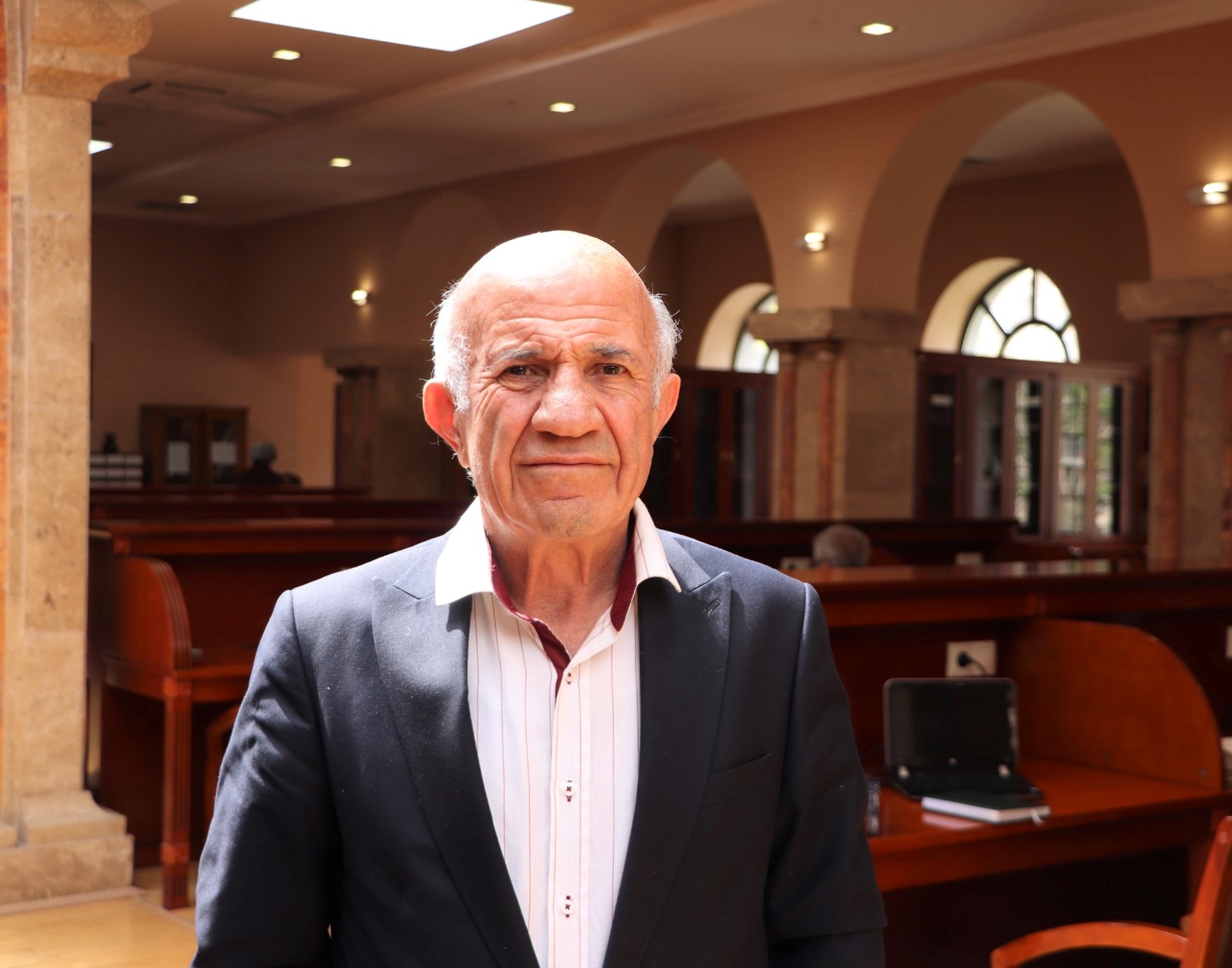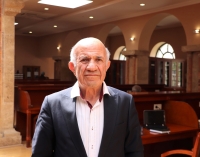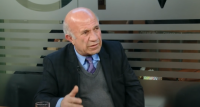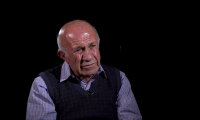The nineties were the best period in the history of Armenia in the last thousand years

Download image
Ashot Sargsyan was born on January 16, 1951 in Khachik village of Yeghegnadzor region, Soviet Armenia. His father was a teacher, and his mother was an accountant. He graduated from the village school and was admitted to the Department of Archeology of the Faculty of History of Yerevan State University in 1968. After graduating from the university, he returned to Yeghegnadzor and worked as a teacher at the local school. He is a candidate of historical sciences and a senior researcher at Matenadaran (research institute for the study of ancient manuscripts in Yerevan). In 1984, he defended his PhD thesis titled “Hovhannes Draskhanakertsi’s “History of Armenians” and Movses Khorenatsi”. Ashot Sargsyan participated in the Karabakh movement from February 20, 1988. Being an active participant of the movement, he was elected a deputy of the Supreme Council of the Republic of Armenia in 1990-1995, and a deputy of the National Assembly in 1995-1999. He is a founding member of the then Armenian National Movement (from 2013: Armenian National Congress) party, and a member of the board of the same party since 1995. He worked in the archives of the presidential office during the tenure of Levon Ter-Petrosyan, the first president of Armenia, and taught the subject “History of Armenian Political Thought” at the Academy of Management of Armenia. He is the author of many books, including the book “History of the Karabakh Movement 1988-1989.” He currently works in Matenadaran.


